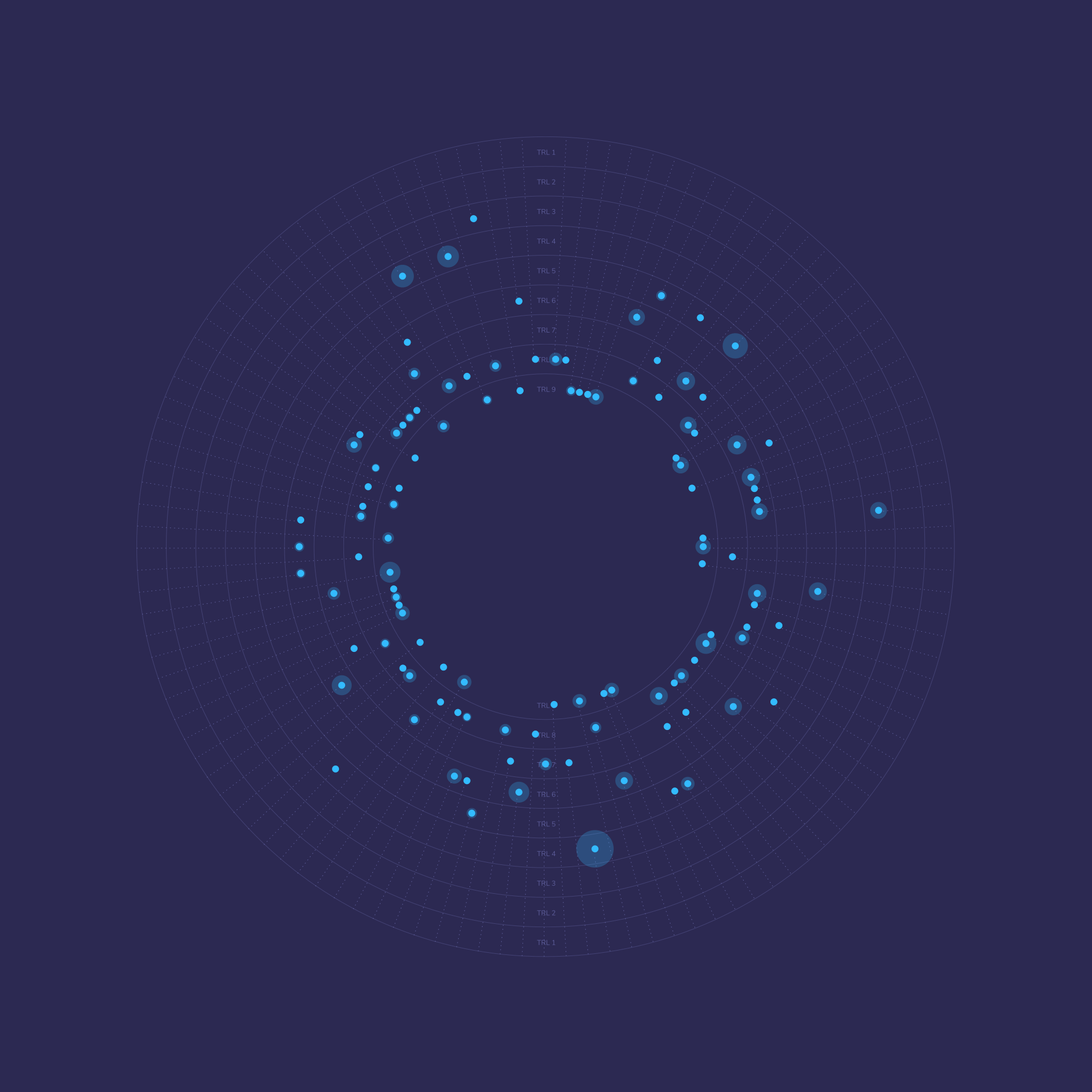GovCloud
Lidia Zuin
© sogmiller @ stock.adobe.com
GovCloud is the name given to a digital marketplace that allows public sector agencies to store, purchase, and search for services stored in cloud computing. Such platform allows governments to share resources as a public utility while maintaining sensitive data protected, thus saving money, and improving the efficiency of government entities. Large-scale temporary projects, such as the submission of tax returns, which require a significant amount of resources over a determined period of time, could count on high-quality, uninterrupted service.
Amid budget restraints though, GovCloud has been proving to be a viable solution for governments to improve performance and optimize business models. By opting for a digital marketplace, also known as software-as-a-service (SaaS), governments have a variety of advantages including the ability to instantly access insights from big data to detect fraud or ensure inter-agency compliance. Infrastructure-as-a-service (IaaS) and platform-as-a-service (PaaS) offer synergies for support and maintenance as well as improving the efficiency of energy consumption and the safety of sharing data. Likewise, through a Single e-Payment Platform, citizens can perform state payments through a single website or mobile application
To scale up analytics and storage capacity, companies such as IBM, Salesforce, Intel, and Google are able to give support to governments that want to migrate their datasets to these shared services. Platforms such as the e-Estonia, as well as United Kingdom's GOV.UK and Brazil's Dataprev are examples of how governments are able to commission IT services to implement Govcloud solutions without the need to develop its security protocols from scratch.
Data Security Challenges
The digitization of public services is rapidly becoming a reality. However, privacy issues would likely follow suit. In order to guarantee digital soundness, the infrastructure of Govcloud systems must create ubiquitous systems able to confront any cyber attack. Likewise, these platforms must have a high level of accuracy in order to defend sensitive data and ensure accountability and trust with these systems.
In the case of e-Estonia, they have implemented blockchain-based solutions to secure citizen data under Smart Contracts by the implementation of Blockchain Digital Identification and Blockchain Notary systems. Still, the creation of legislation for data portability standards and security are key as they help state-operated IT services transition to the cloud while enhancing outreach, making it easier for them to share information with citizens and improve transparency with public workers.
What is more, as different agencies and nationalities are adopting cloud-connected services, data sovereignty becomes a mandatory requirement for any cloud computing enterprise. One way to tackle this issue would be utilizing decentralized data embassies spread across the globe, where the independence of these services could be guaranteed even if a government’s home system is attacked.
One way to avoid possible attacks is through the creation of a data backup embassy, which is a robust encrypted database that withstands any cyber attack. It works as a storage facility that guarantees digital continuity to vast amounts of sensitive data such as medical history, social security, and corporate information. Similar to a typical embassy that functions based on sovereign rights, it would be located outside the physical borders of the country.
In emergency cases, data backup embassies could reboot an entire country in an instant, thus helping a country to overcome botnet attacks quickly with denial-of-service programming, an algorithm that prevents digital services from falling. By working as a cloud-based extension of public digital services, only the physical hardware storing the database would be transnational. However, the government would continue to have complete sovereignty over the information stored inside.
GovCloud Opportunities
The cloud model can be applied to a government’s IT infrastructure while being seen as a general shift in how public sector work is performed. With limited flexibility to distribute resources, governments often address change by creating new agencies and programs — ultimately an unsustainable solution "[...] in a world of rapidly changing demands fueled by equally rapidly evolving technology" according to Deloitte's GovCloud: The future of government work report.
The GovCloud model, as a new pillar of government, could issue permanent employees to undertake various creative, problem-focused work. When needed, the GovCloud model also contemplates the possibility of hiring citizens looking for part-time work, fulltime contractors, and individual consultants who can offer extra help. In this sense, governments would be more aligned to the expectancy of 21st-century workers to be more autonomous, and employed in non-traditional arrangements as argued on the white paper "Lessons of the Great Recession" from Swiss staffing company Adecco.
Such strategy, therefore, puts the government-wide work to operate in a more similar way to cloud computing, and it additionally allows governments to concentrate on human resources when and where necessary after the creation of these problem-support- and mission-focused groups of workers. According to Deloitte's report, such an approach enables the benefit of thin agencies that could lead to "simplified missions accountability and responsibility," as well as "a greater focus on mission outcomes rather than on back-office management." Finally, in the case of sharing services, federal governments could thus "reduce redundant back-office structures, consolidate real estate obligations and data centers, create a government-wide support structure capable of supporting the GovCloud."
